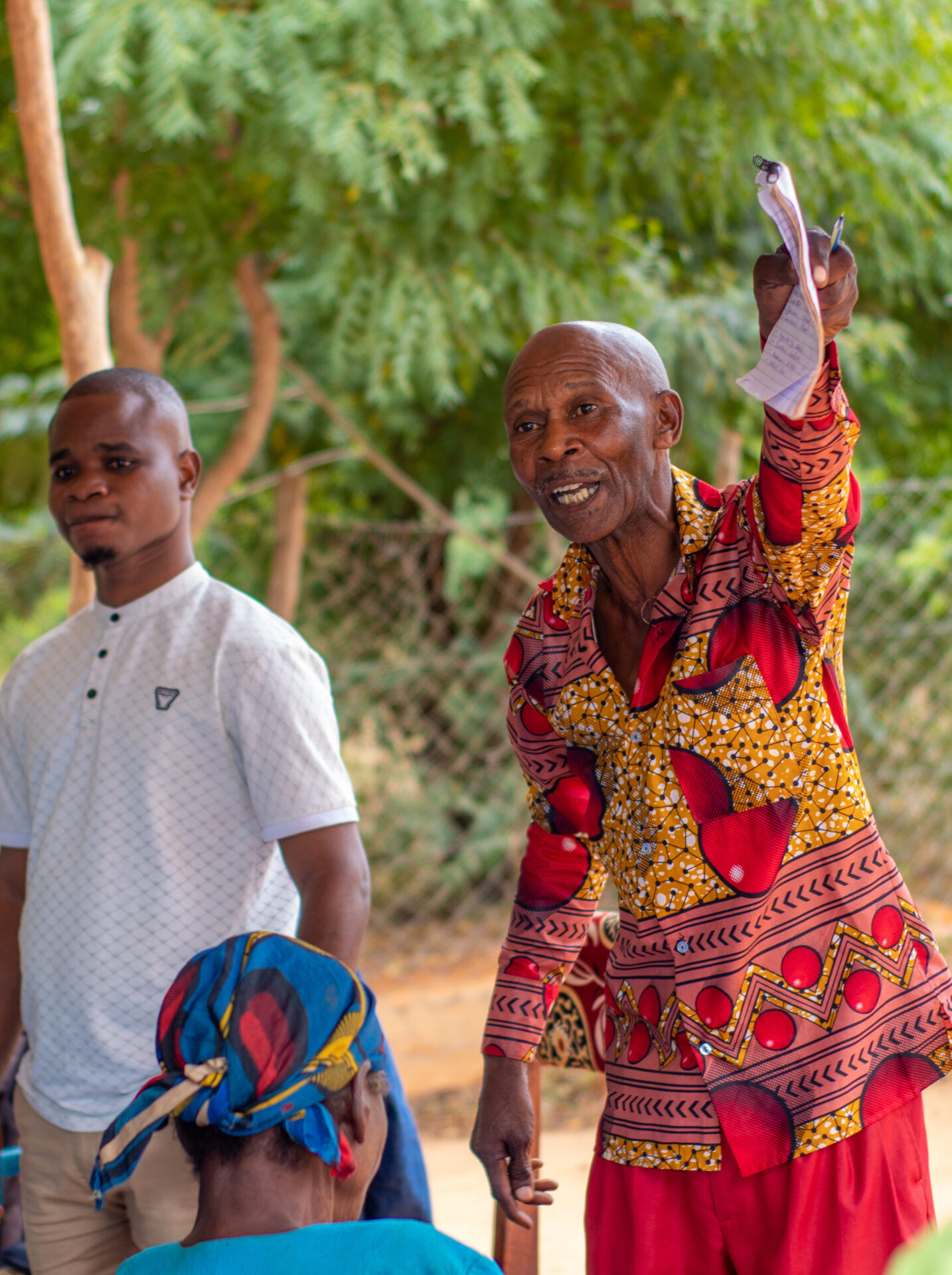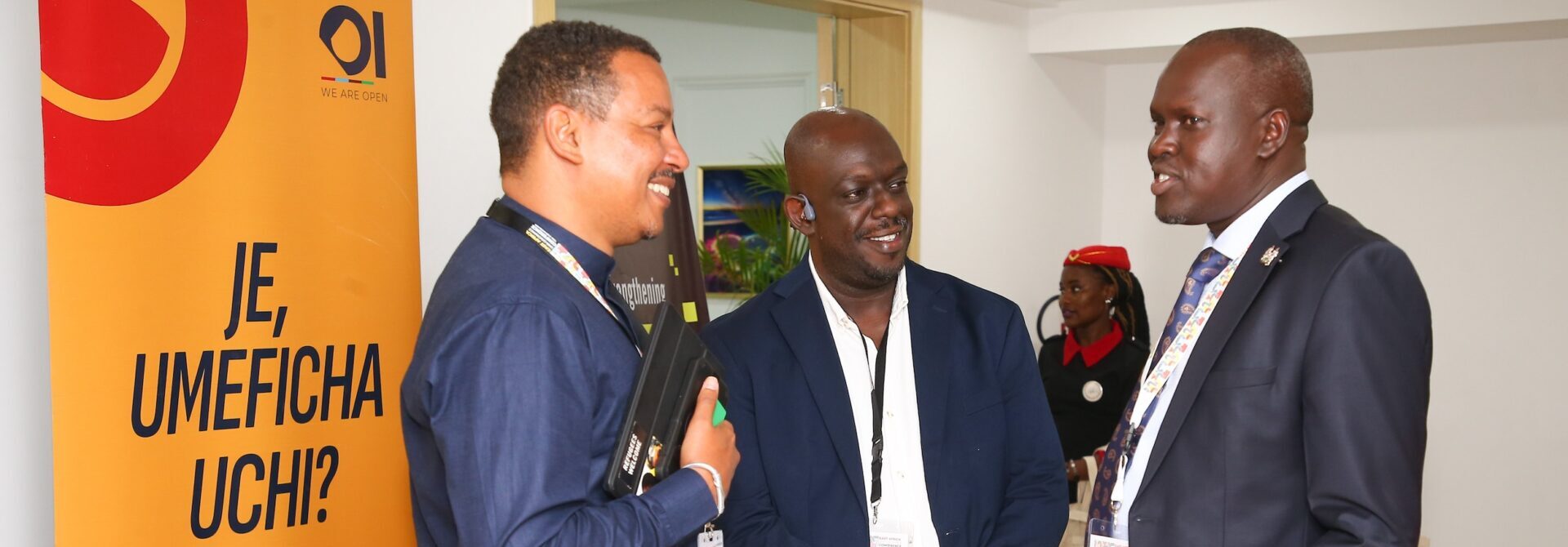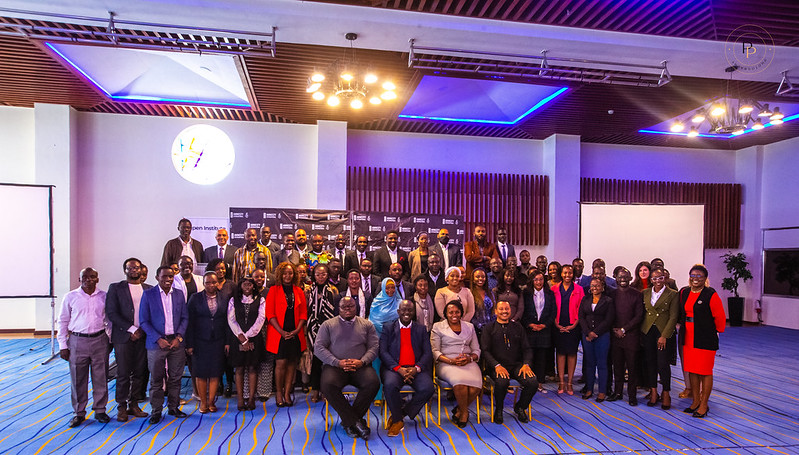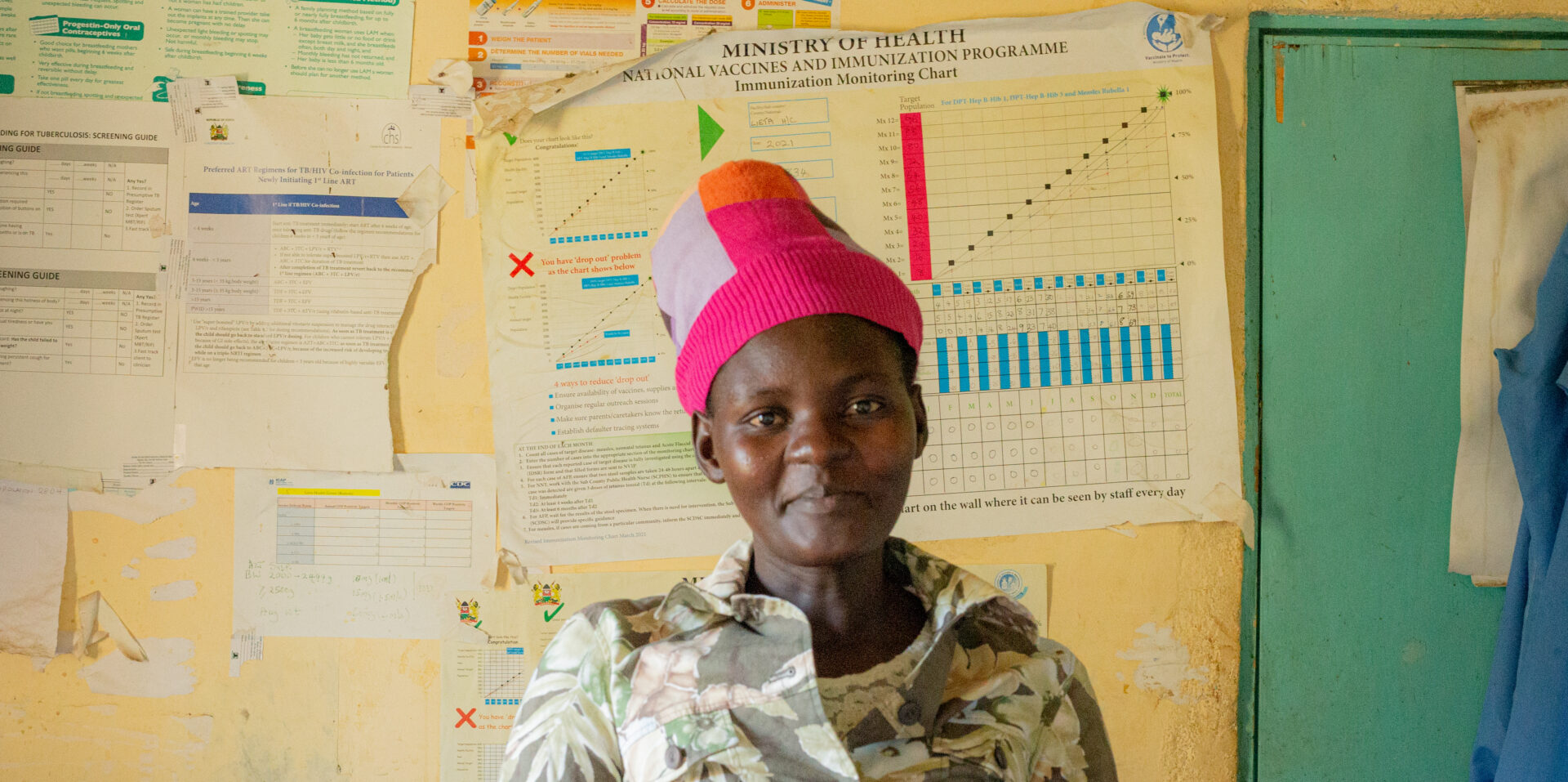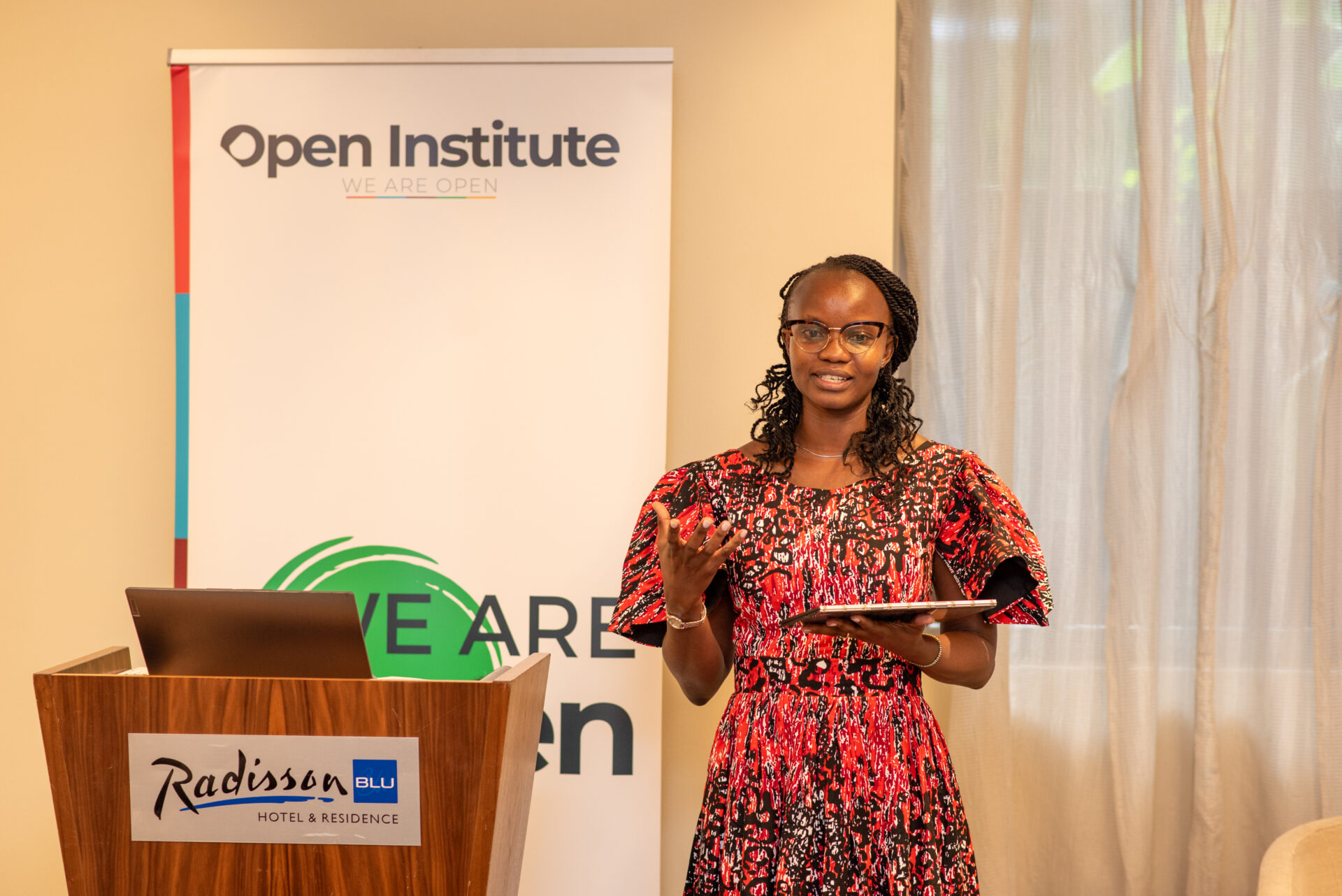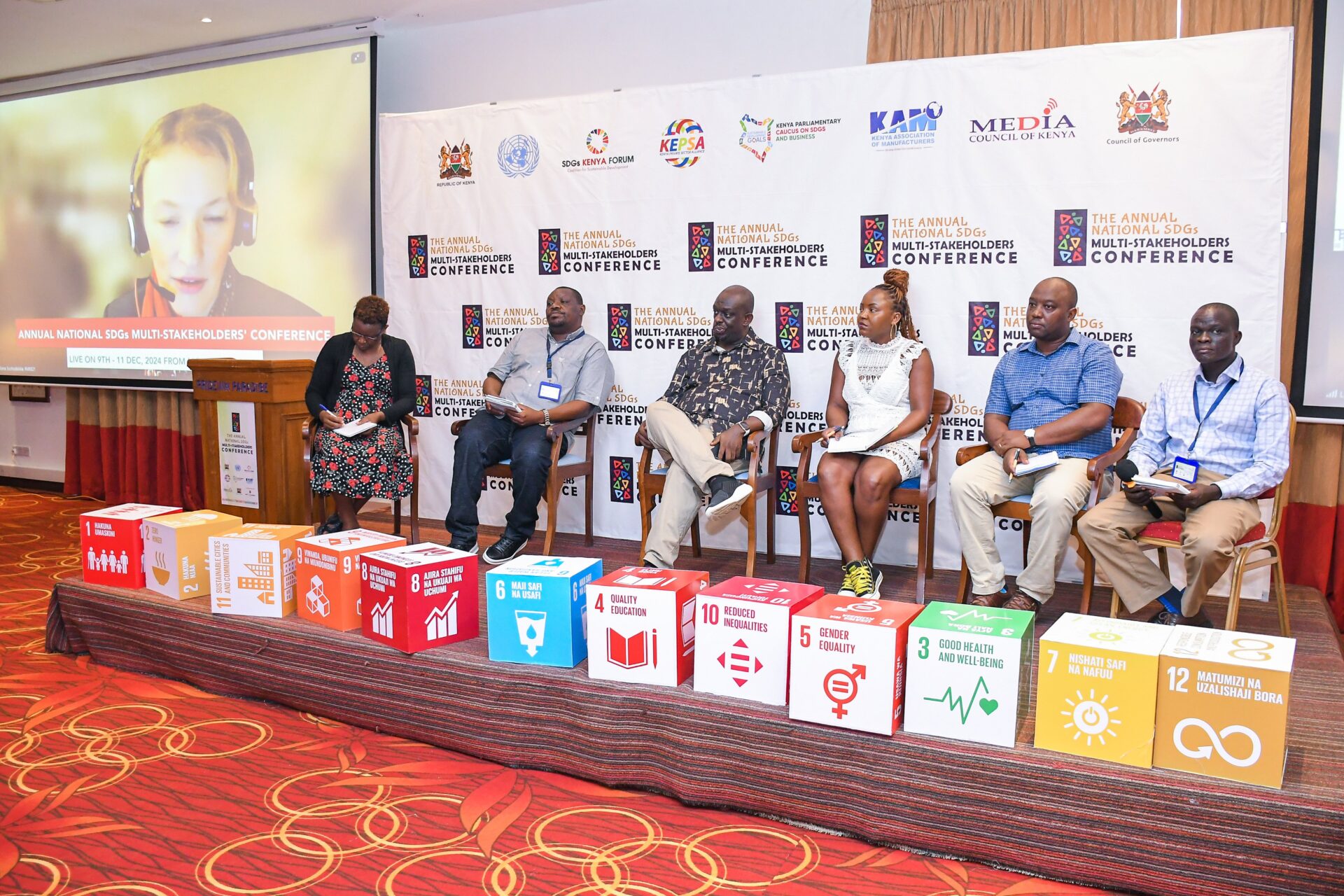Meet Jamila, a 24 year old ambitious young woman living in Nairobi. Jamila loves dancing almost as much as she loves volunteering at her local community centre where she has served for 6 years. So she knows about the challenges her community faces but sometimes she wishes things were different. She wishes young girls could have easy access to sanitary towels and education, and that people could take better care of the environment around them. But she is not the only one, there are millions of people like Jamila who want to transform their communities, but are wondering, “where do we even begin?”.
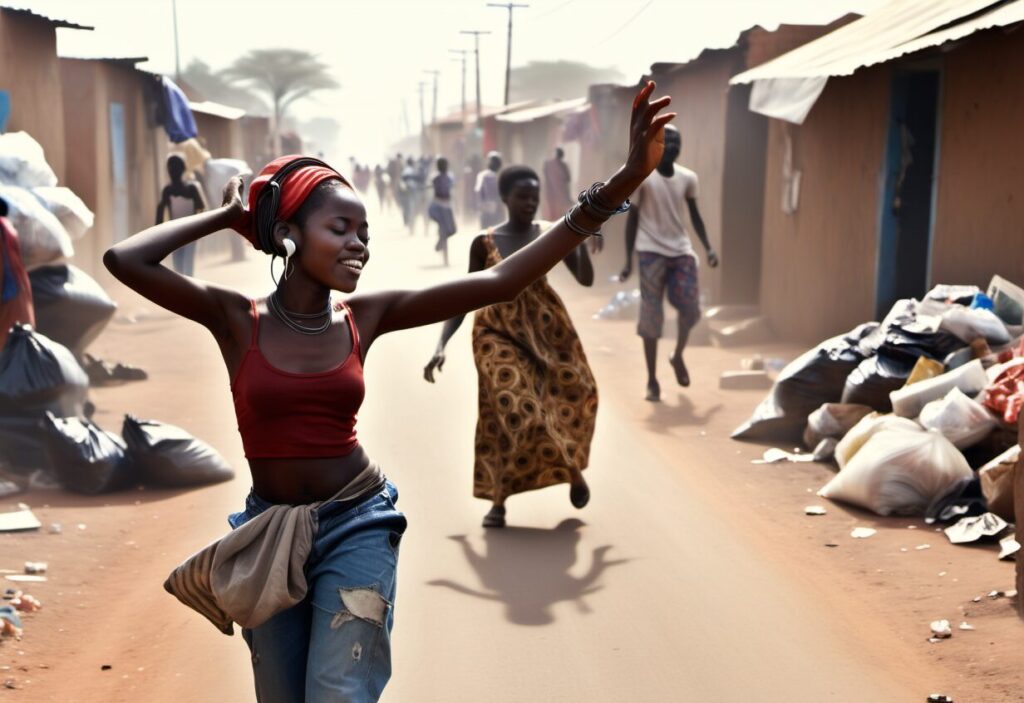
Photo Credit: Midjourney AI
Being an active citizen is a choice one makes to participate fully in society. It is to influence decisions that can change your life. For example, in 2015 we teamed up with farmers in Bahati and Kirima Locations in Nakuru North sub-county to see how data could help them get higher yields and returns from their farming. Our assistance included helping them gather data about their farms and markets, turn it into numbers, and then have a fair day to share what we found.
The farmers found out that 61% of those in Bahati Location were both crop and livestock farmers, 26% of them only grew crops, and a smaller 13% only raised animals. The data showed that they had a variety of farming going on in Bahati Location, but they needed to do a bit more of cattle farming with the help of the government and agricultural officers.
With this information at hand, the community was able to clearly articulate what their actual needs were, and what the government needed to do to support them.
This experience showed us that when communities actively participate in development initiatives, they become more visible to government officials who then have a better perspective of their needs and they can be useful to them.
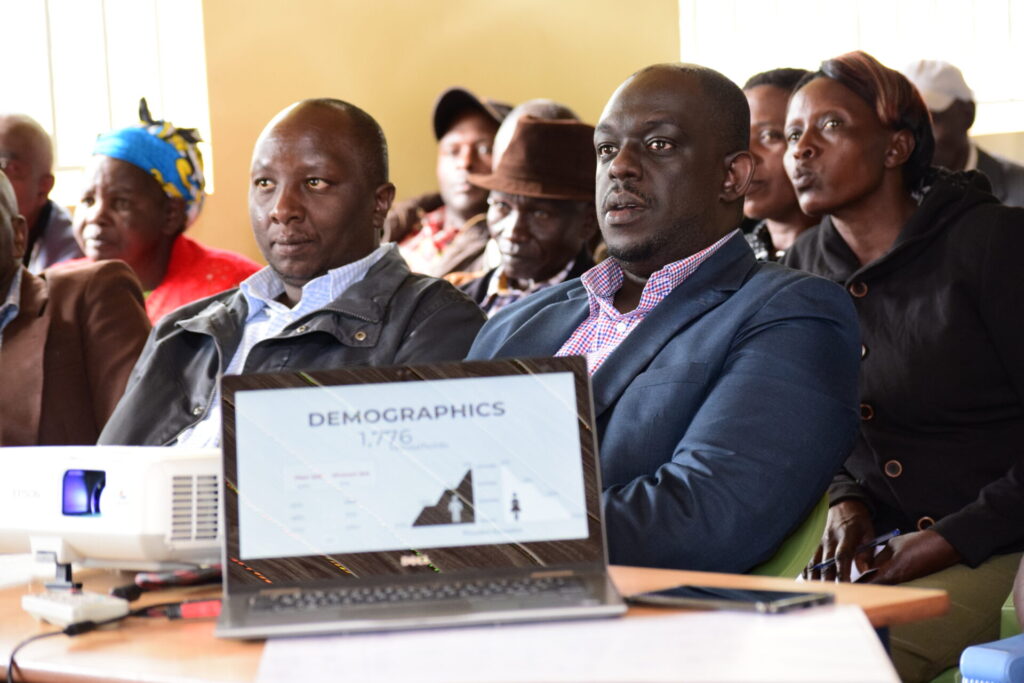
Data Fair at Nakuru North sub-county in Bahati and Kirima Locations.
Active citizenship for us means more than just casting a vote. It means being actively involved in what needs to be done within the community, and guiding the government on how they want development done in their areas.
“ Change happens when people act”
So what will it take to promote and strengthen active-citizenship?
A social infrastructure, an ecosystem at the hyperlocal level that empowers people to participate in development processes.
This social infrastructure includes local leaders such as chiefs, members of county assemblies, ward administrators, and most importantly, local Community-based organisations, and local organisers and mobilisers.
Enabled by this framework, farmers in Bahati and Kirimani locations were able to develop a collective identity and a shared understanding of their communal goals and needs. As a result, their collective voice was heard and taken seriously by their leaders leading to a more significant influence on government decisions.
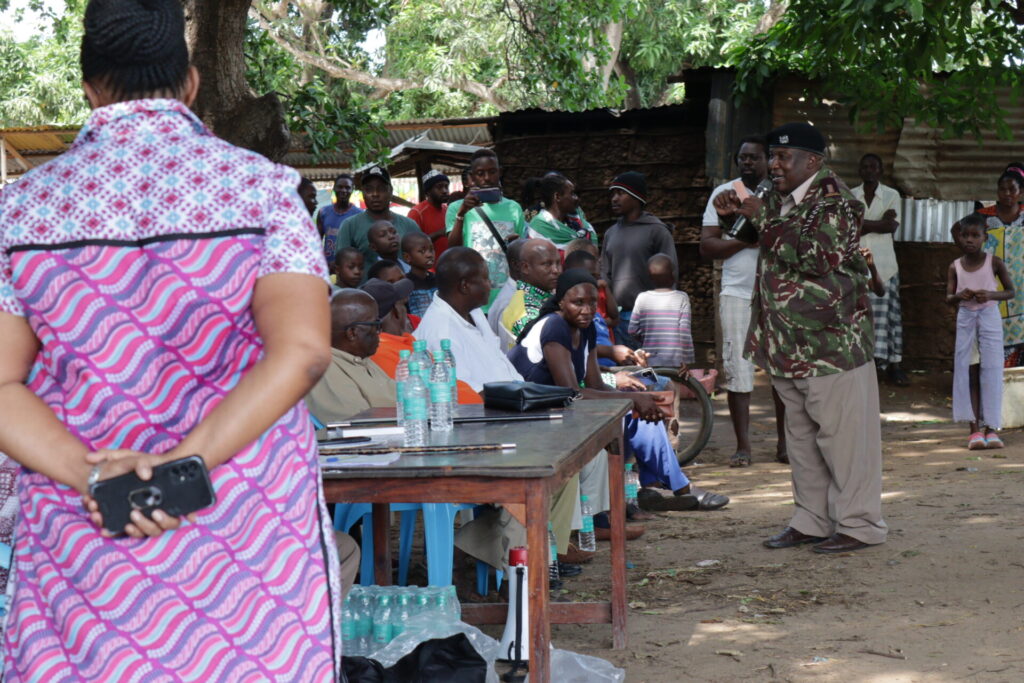
Ward resident forum in Kilifi County.
Local leaders, such as chiefs and ward administrators, serve as the connection between citizens and the government, facilitating engagement and advocating for community needs. Members of county assemblies amplify citizen voices on a larger scale, ensuring local issues are heard at the highest levels of governance. Community-based organizations provide a structured platform for citizens to come together, articulate their concerns, and take collective action. And local organizers and mobilizers play a crucial role in building collective courage and motivating citizens to participate so that they don’t feel alone while engaging in public participation processes.
The presence of this social infrastructure accomplishes several key things:
- Knowledge Sharing: This helps people learn about their rights, why it’s important to be part of making decisions, and the different ways they can join in.
- Community Empowerment: When people come together and work together in their local communities, they begin to feel like they’re part of a team. They understand what everyone in their community wants and needs by talking and planning together.
- Amplification of Voices: When people speak out together, leaders are more likely to listen and take notice. This can have a major impact on the decisions that are made and the way our communities grow and change.
- Support and Solidarity: Feeling like you’re part of a bigger group can give you the confidence to speak out and the strength to deal with any challenges that come up when you’re involved in community activities.
- Legitimisation of Participation: When people get involved in ways that are accepted by society, it becomes more real and respected and taken seriously by those in charge.
- Accountability: When people in the community are knowledgeable and involved, they can make sure that the leaders and institutions in their area are doing what they’re supposed to.
One more thing ….
We cannot talk about active citizenship without talking about the invisibles. The “invisible” in our active citizenship context refers to individuals and communities not adequately recognised or represented within the spheres of governance and development. Their invisibility stems from limited access to information regarding government operations and policy-making processes, absence of official documentation required for civic engagement, educational disparities leading to functional illiteracy, systemic exclusion driven by factors like poverty and gender discrimination, and cultural and social norms inhibiting certain groups, particularly women and youth, from expressing their opinions and needs in governance processes.
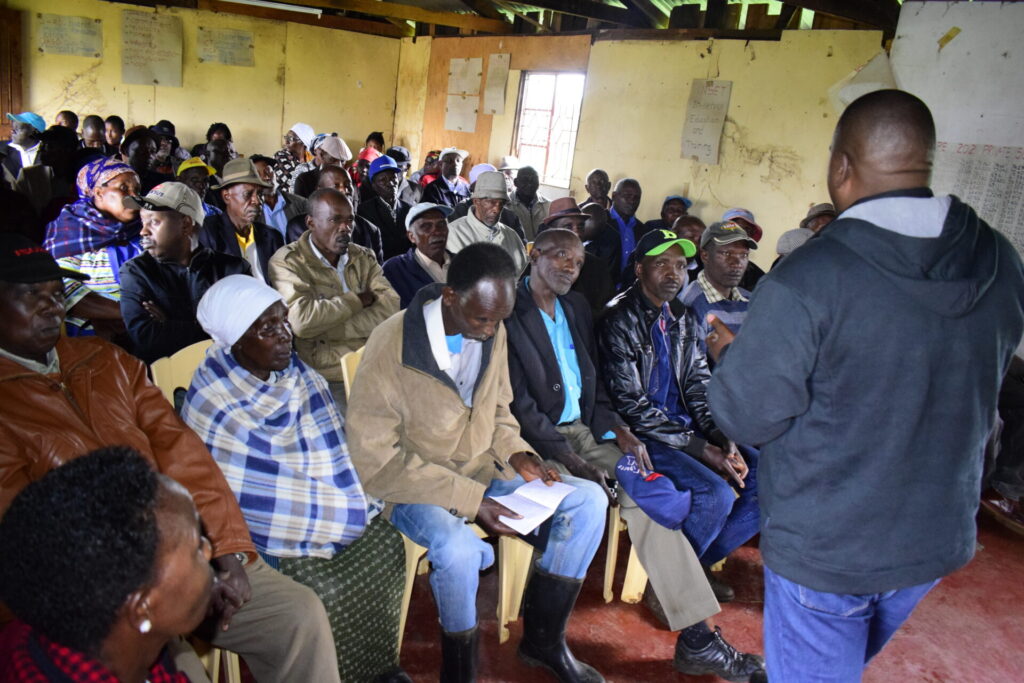
A training session by our Programmes & Operations Director, Benjamin Charagu.
These are the people that we would like to see taking ownership of their governance, attending citizen participation meetings, and holding the government to account. “Leave no one behind” can often be considered an abstract idea, but for us, the people left behind are real people that we have interacted with.
If you are a local leader, community based organisation, or government official, we are calling you out to establish robust social infrastructures at the hyperlocal level to empower citizens like Jamila to participate in development processes effectively. It is time we all asked, “How do I play my part?”. Let us all commit to playing an active role in shaping our communities.







